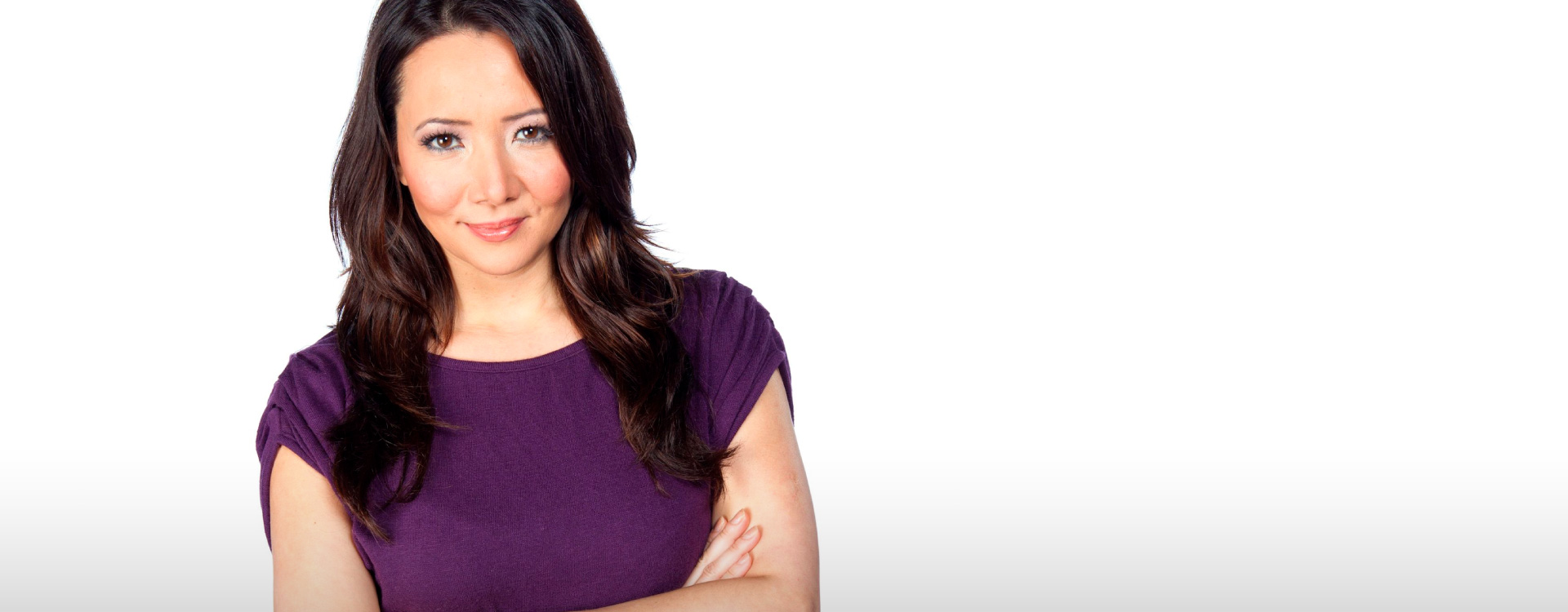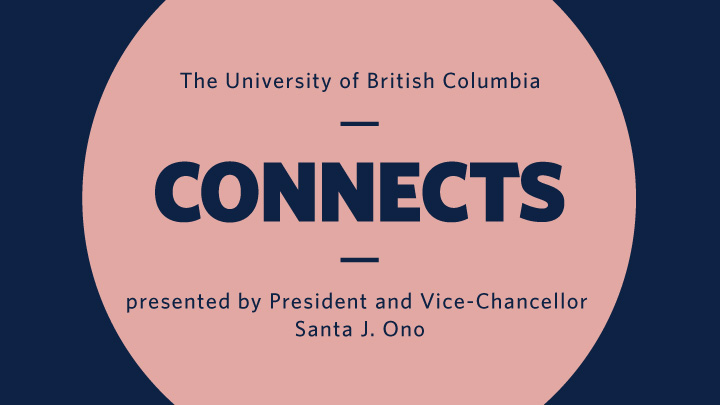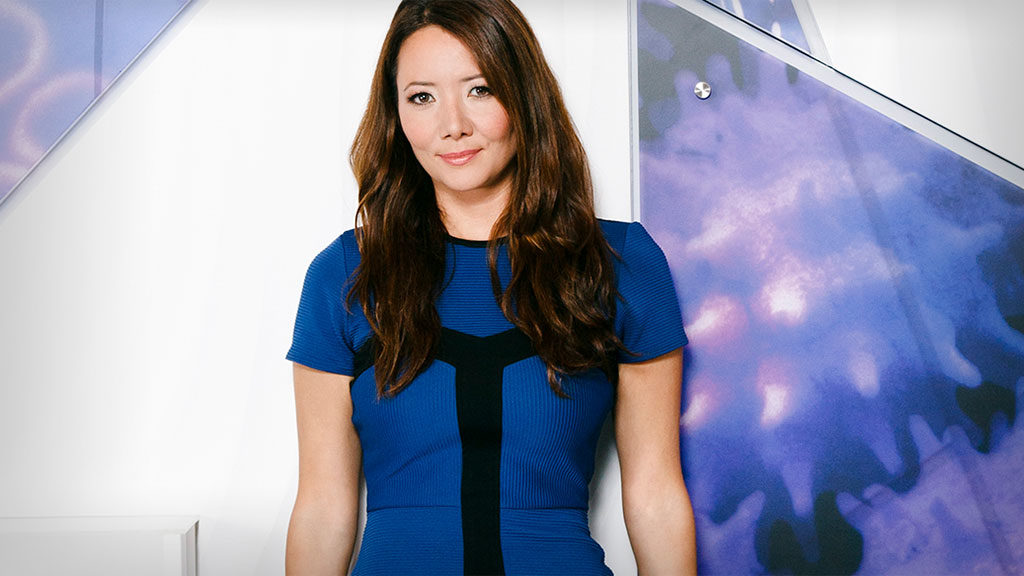Science journalist credits UBC arts degree for critical thinking perspective
Since she was a kid growing up in Hong Kong and Vancouver, Ziya Tong has always been curious. That’s true of a lot of journalists — but this broadcaster has the physical mark to prove it.
“The day I graduated from UBC, I got a tattoo of a question mark on the back of my neck,” she says. “It’s in the shape of the sperm and an egg, so it’s kind of the question of life.” Laughing, she adds, “My mom didn’t talk to me for, like, two days.”
If you’re interested in science, you’re probably familiar with Ziya Tong. A science journalist, she has anchored Discovery Channel’s Daily Planet and hosted CBC’s ZeD and PBS’s Wired Science. But those who lean towards the arts might not know that Tong got her start studying psychology and sociology at The University of British Columbia — a path that ignited her curiosity and shaped her understanding of how people see the world.
New Perspective
Tong graduated from UBC with a Bachelor of Arts degree. “The biggest impact UBC had on me was opening my eyes politically,” she says. “A lot of the sociology courses gave me a much deeper understanding of the way society was structured and how power functions in the world.” In particular, she studied the notion of hegemony for the first time and came to understand “not to take things for granted and to peel back the layers of a different reality.”
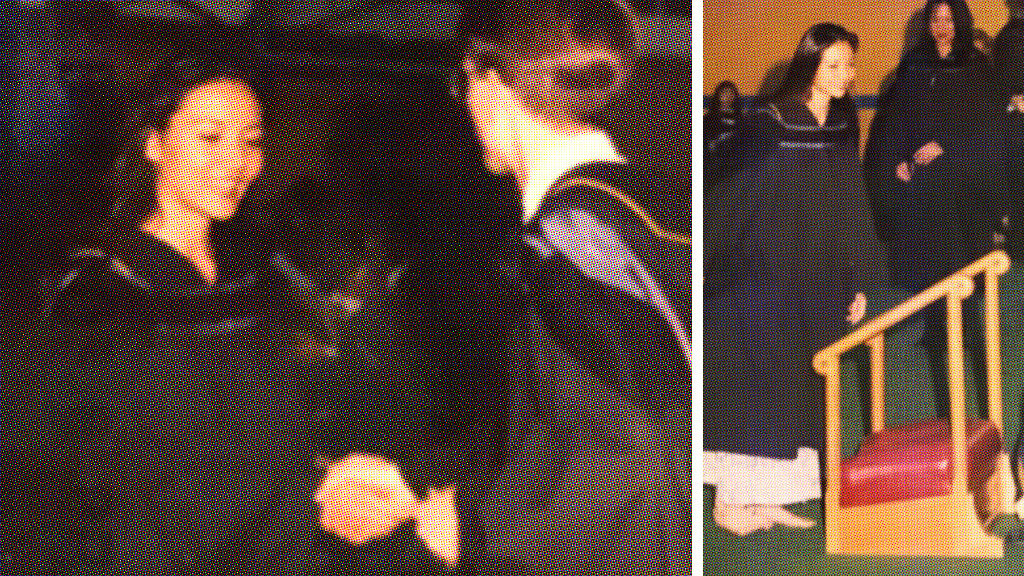
“I decided it was important to ‘stay grounded’ so I insisted on doing the graduation ceremony in bare feet.”
Tong’s new book, The Reality Bubble, is all about questioning perspective and perception. Subtitled Blind Spots, Hidden Truths, and the Dangerous Illusions that Shape Our World, the book examines some of society’s biggest “blind spots”, such as where our food and energy comes from and where our waste goes.
Tong says her psychology major helped her understand how the brain works and that most people don’t see the world in the same way. She credits her UBC arts degree for helping her to develop critical thinking skills and broadening her perspective.
“The whole point of the book is looking through multiple scientific lenses and understanding that they all peer upon the world in different ways,” she explains. “By putting together these scientific lenses we can have a clearer view of the world.”
Radical Curiosity
The Reality Bubble has earned praise from author and activist Naomi Klein, who notes that “in a time of mounting global crisis, the kind of radical curiosity that fills this book — a commitment to probing the unseen, unknowable and unthinkable — has become essential to our survival.” Environmentalist David Suzuki calls Tong’s book “required reading for all who care about what we are doing to the planet.”
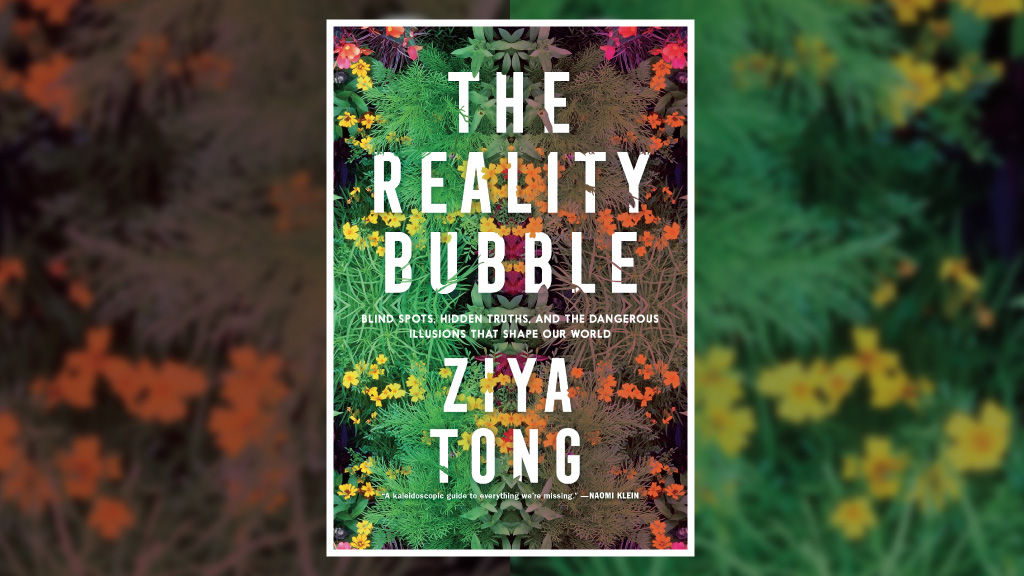
You can hear Tong speak as part of the UBC Connects public lecture series on November 4 at the Vancouver Playhouse. You can get tickets or watch the live-stream here.
